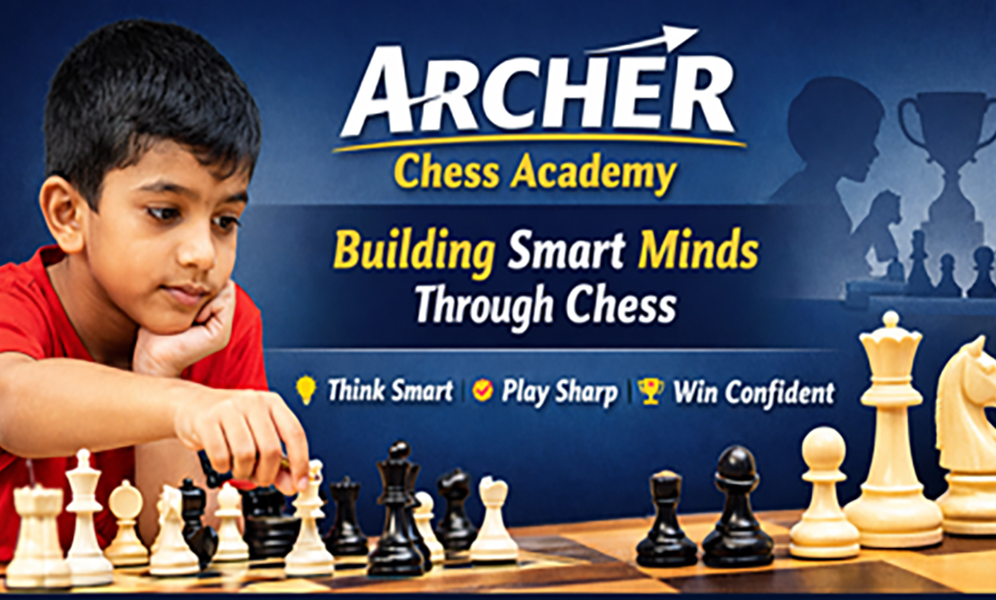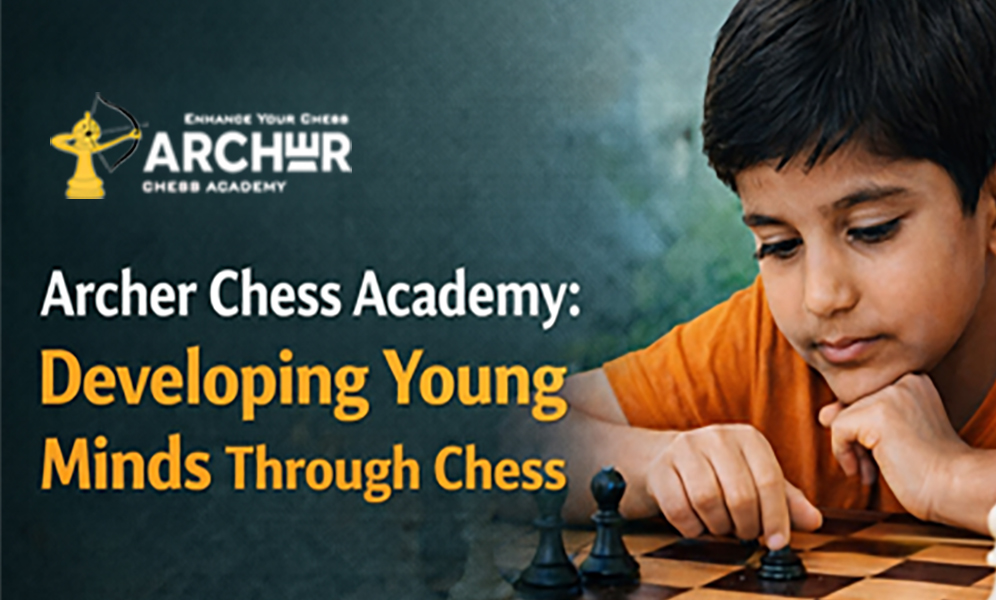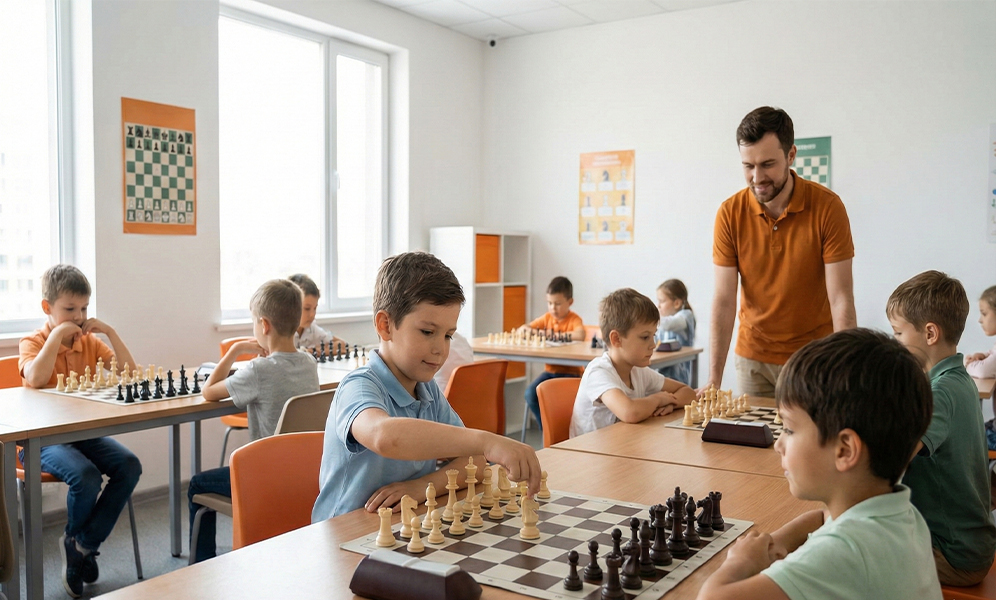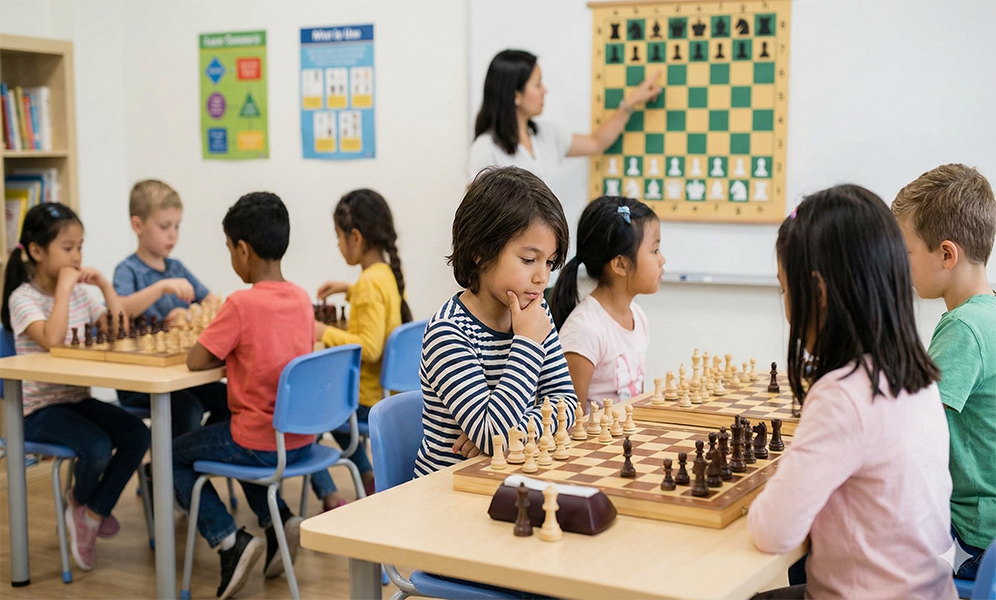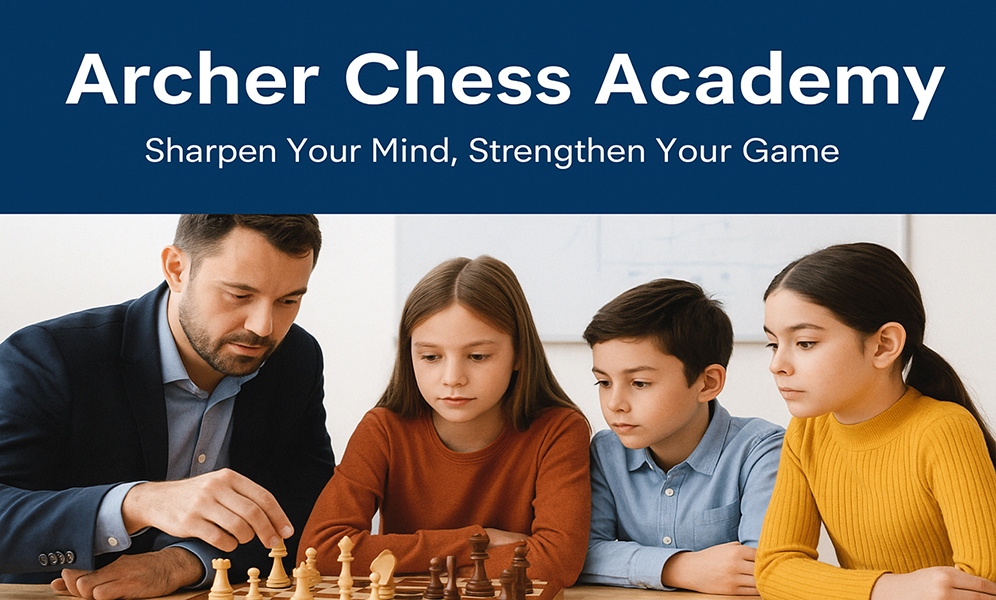Understanding the Power of Minor Piece Coordination
In the middlegame, one of the most effective ways to launch an attack is through the coordination of the knight and bishop. While often overlooked in favor of queen-led attacks, the combination of these two minor pieces can produce devastating threats against an uncastled king or a weakened kingside.
This strategy frequently appears in online rapid and classical games, and mastering it is a mark of a developing chess player.
Why Knight and Bishop Work So Well Together
Knights attack squares bishops cannot reach, and vice versa — making them complementary.
Their combined reach can create unstoppable mating nets or force positional concessions.
Coordinated threats often lead to double attacks, discovered attacks, and forks.
Key Middlegame Concepts
Use the bishop to open lines or pin key pieces
Use the knight to jump into advanced squares (like f5 or d6)
Look for kingside weaknesses such as f2/f7 or h3/h6 squares
Create pressure on a common target, like an isolated pawn or a weak square near the enemy king
Mastering this coordination leads to greater control of the board and more frequent tactical victories.
How We Teach This at Archer Chess Academy
At Archer Chess Academy, our online chess classes for kids and intermediate players place strong emphasis on practical middlegame skills. Through interactive lessons and real-game breakdowns, students learn:
How to recognize when knight and bishop attacks are possible
How to activate and coordinate minor pieces effectively
Real-world examples from master-level games
This hands-on training helps students confidently transition from opening to middlegame and handle complex attacking positions.
Build Stronger Attacks with Us
Learn how to convert your opening advantage into a successful attack using piece coordination. Join Archer Chess Academy and explore the power of knight and bishop teamwork.

